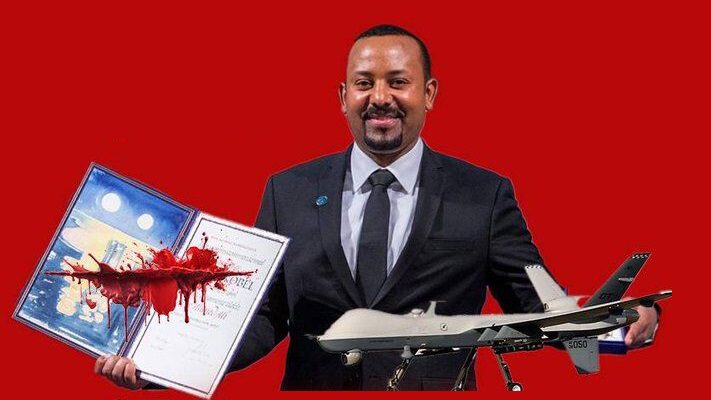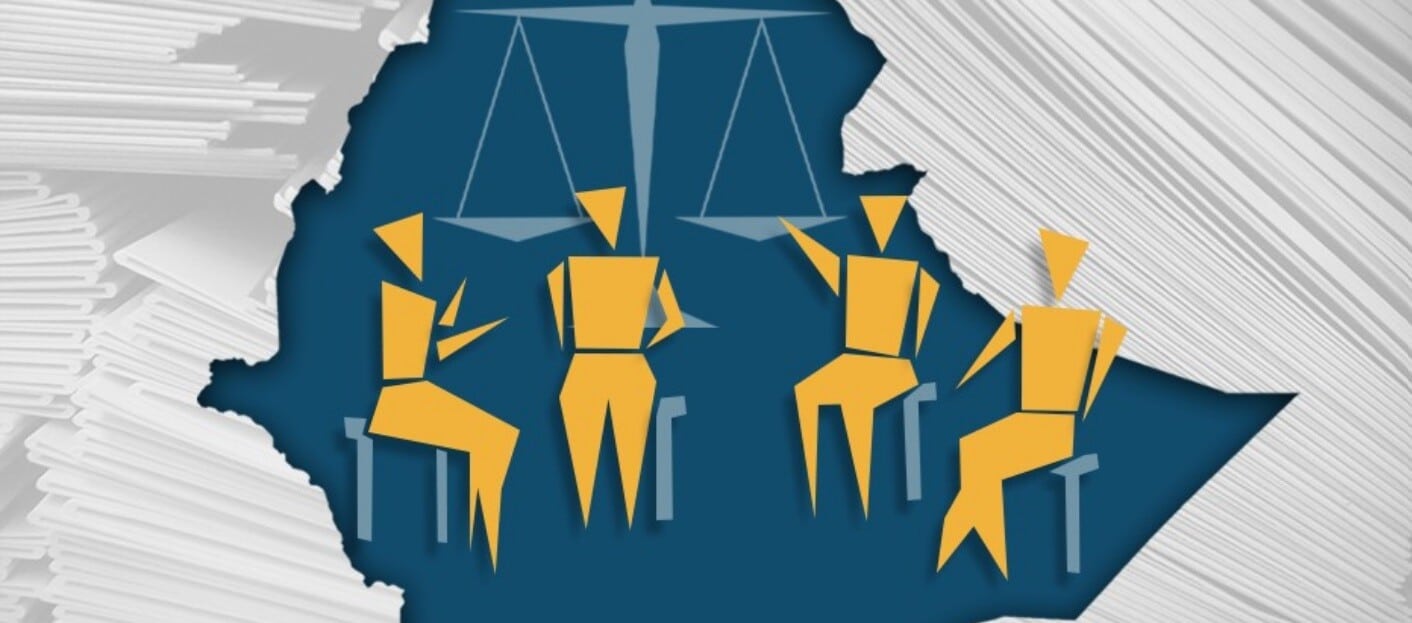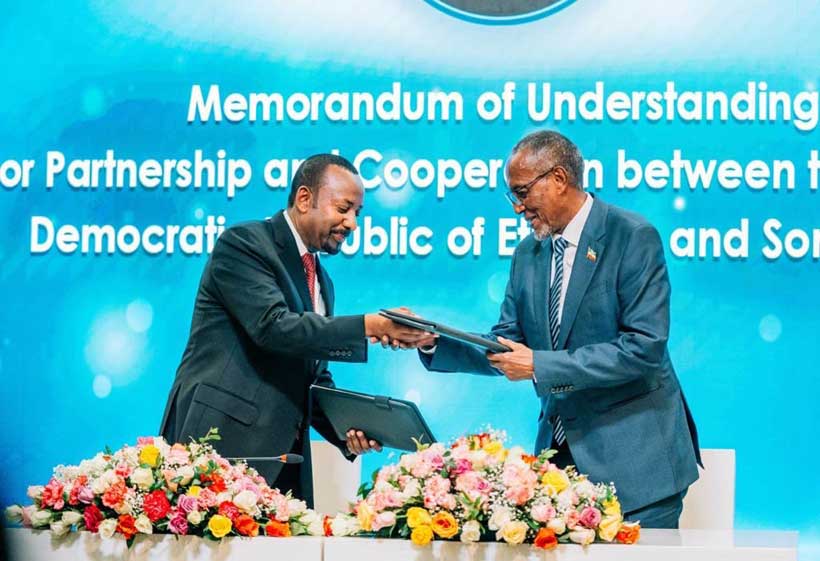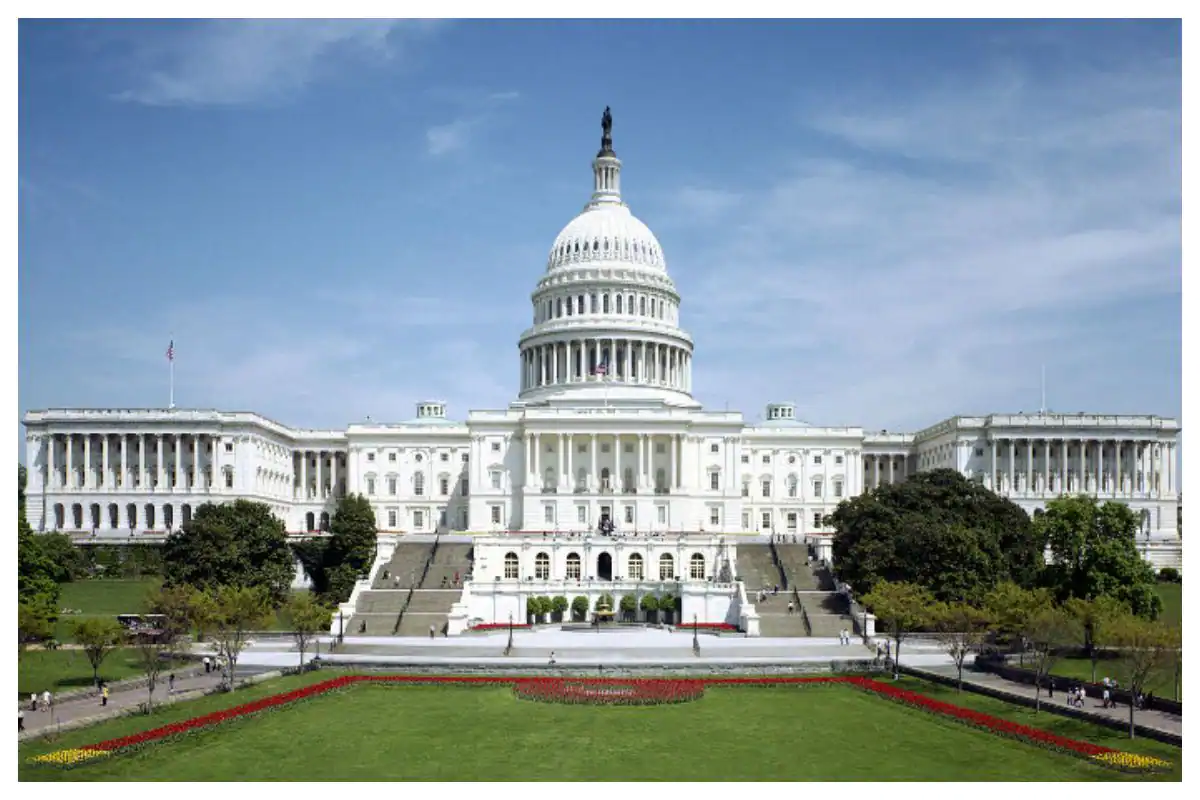The Queen of Sheba
January 21. 2021
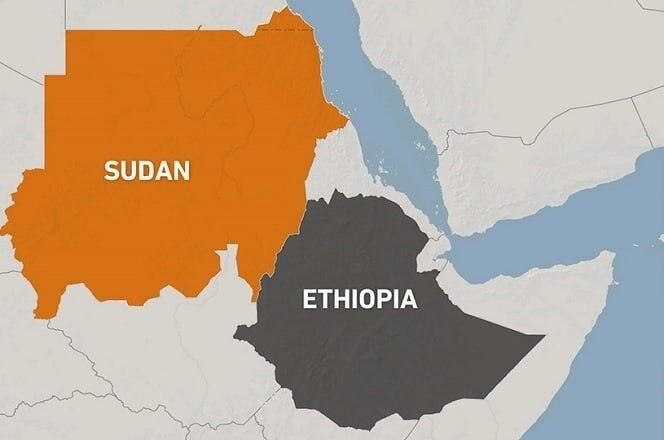
In an ancient Roman myth, Janus is often depicted as having two, albeit same, faces. Now, Sudan, in some bizarre manner, demonstrates that ancient Roman myth—contemporaneously. It radiates trust and betrayal where statesmanship as well as dictatorship are in a near fatal disarray—concurrently. One wonders how and whether this transitional arrangement between the civilian and the military alliance would last until 2022.
Trust: Worthless Virtue?
It is to be recalled that Prime Minister Dr. Abiy Ahmed invited General Abdel Fattah Al-Burhan, who doubles as the army chief and the head of the Sovereign Council of the transitional government, for the state visit to Ethiopia some weeks back. The Prime Minister took his time to warmly welcome the General as a host of a close neighbor would do. This much we know.
According to reports, the Prime Minister and the General agreed to close their borders to contain the conflict in the country—to help capture the fugitives of the fleeing cabal. One would expect a leader of a worthy neighbor to honor his words—sadly, to no avail.
Dr. Abiy may have to be slapped on his wrist for trusting a leader of a country, which he helped save from the precipice of a total collapse. But then, he is not a fortune teller!
Betrayal: The General’s Words
The good General however betrayed the Prime Minister in the most shameful manner when he ordered an invasion deep in the Ethiopian territory—encroaching as much as 50 kms. The marauding army and its Janjaweed militia, with global notoriety for mayhem and rape, true to their character, burnt villages, killed peasants, destroyed properties and infrastructure without any resistance from Ethiopia—which has been fully pre-occupied to crash the rebellion in Tigray.
Alas, we’ve witnessed the Sudanese betrayal par excellence—again. We never forget that similar unfortunate history in the 1970s—when the Sudan did the same as Ethiopia got simultaneously invaded by Somalia.
What is remarkable about this General of the transitional government is his shameless—and blatant self-contradictory—pronouncements. First, the army bragged about the Sudan re-occupying 80 percent of its land, which it falsely alleged that it was seized by Ethiopia some 25 years ago. But then, in utter contradiction, recently announced that his actions were in response to Ethiopia’s request to close the borders.
If this is an attempt to cut into the credibility of Prime Minister Abiy Ahmed, and in the process diminish his standing at home and abroad, that would be a foolish fantasy.
Statesmanship: The Need to Nurture It
There lies a cool and calm statesman of a Prime Minister of Sudan in the person of Dr. Abdalla Hamdok in a complete contrast, to the power-hungry and trigger-happy generals and their senior sycophant officers. The Prime Minister admitted that he was overseas as the marauding army was invading the Ethiopian territory. Thus, Mr. Hamdok may not have been aware of the cowardly attack as it was unfolding.
So much for the civilian-military alliance in the country where the military seems to have usurped overwhelming power—and attempting to reverse the hard-won victory of the Sudanese people over dictatorship and authoritarianism. To be sure, the Sudanese victory parallels with Ethiopia which also violently crashed the TPLF cabal—one of the most ruthless despots the world has ever known—into an oblivion.
The Sudanese people need to, once again, rise up to fiercely support their authentic leader and protect their momentous struggle—which they secured through their blood and life. The Statesmanship of Prime Minister Hamdok must be propped up against the conspiratorial alliance of the military and its enablers in the north.
On the Ethiopian front, the patience of the government has been so far striking as it has also managed to contain the natural—and vigorous—instinct to defend the integrity and sovereignty of the country. But, the statesmanship is increasingly being tested—and criticized.
While the marauding Sudanese army and its Janjaweed militia continue to attack, Ethiopia’s gesture remains—fantastically, but bitterly—disarming as exhibited in the handing over of several captured Sudanese forces in the field!
Dictatorship: The Need to Neuter It
The Sudanese generals—who are vestiges of the former authoritarian regime ousted by the popular revolt—enjoy an oversized relationship with the TPLF cabal. Limitless greed, aggression, violence, cruelty and looting characterize the common bond of this unholy alliance of these two misfits.
Many pundits maintain that the blatant invasion by the generals was intended to raise their tanking public support by whipping the incident as a victory over Ethiopian forces. Many also observe that the invasion is primarily intended to rescue the fleeing leaders and forces of the TPLF cabal—with whom they have had a very strong financial and economic ties. Quite a large number however agree that the Sudanese generals are acting on behalf of the Arab Republic of Egypt—Ethiopia’s existential threat—which is craving for a major conflict.
The Arab Republic was salivating on the outbreak of the conflict in Ethiopia when the TPLF cabal—suspected of a secret alliance with the regime—triggered the massive conflict. But, that excitement became depressingly short lived as the cabal forces got trashed in a humiliating, thunderous and unprecedented, defeat. The Cairo-cooked conspiracy to bleed Ethiopia by sustaining the conflict simply flopped—painfully and miserably.
Then, the Arab Republic had to find other foolish horses to ride—and here they found the discredited generals who are struggling for legitimacy. These dark horses of the sycophant Sudanese generals, serving the Arab Republic of Egypt, may need to be neutered—for the sake of the region’s security.
The Third Force: The Omnipresent Enemy
The UN peace keeping mission is winding down in the Sudan. The first major casualties of this premature resolution is the slaughtering of more than 150 harmless civilians in the restless Darfur region—by the army and the Janjaweed militia. A major conflict is already brewing with the Sudanese army mobilizing there.
Even without this additional burden, the Sudanese army is no match for the Ethiopian counterpart—truly battle hardened, vastly well-disciplined—oh, yes, highly spirited. No amount of support of the Arab Republic of Egypt could sustain the current invasion should a war break out.
This as it may, for thoughtful Sudanese citizens who love their country, they must be reminded that their neighbor in the north is dead set to weaken both countries which have issues with the regime: the GERD in Ethiopia and the occupied Halayeb Lands of the Sudan. As I mentioned in my other piece, “Somalia’s Miscalculation: A Reading for the Sudan”, I reminded the role of the Arab Republic as one of the main enablers and financiers of that disastrous Ethio-Somalia war which destroyed Somalia as a country.
The multitude of Ethiopian political forces have been so far mute on the invasion of the country in a rather uncharacteristic manner. This twisted turn of event however has utterly disappointed the remnants, shenanigans and paid operatives of the TPLF cabal—who are hellbent to escalate the conflict. Ethiopia’s omnipresent—and openly adverse—enemy further north is also drooling at its mouth.
So far, both the senile forces in the Sudan and the serene leaders in Ethiopia have capitalized on this uncharacteristic national tardiness on the invasion of the country’s territory. But both cannot bank on this for long—as Ethiopia is heading to elections soon and thus the issue may not remain mute for long.
In Conclusion
To deal with this Ethio-Sudan border conundrum, Ethiopia should pursue both soft and hard power in a strategic and systematic manner through shuttle diplomacy and vigorous media and propaganda campaign targeting the people of the Sudan.
In the meantime, it is troubling how neighbors, save South Sudan, IGAD, the African Union, and other global alliances have been so far silent—probably only until Ethiopia responds in kind. But then the media would go mad—criminalizing Ethiopia as it often does, as I argued in this piece: “Victory in the Battlefield, Defeat in the Cyberspace: Ethiopia’s Agonizing Reality”.
While Ethiopia hopes for the best, it should prepare for the worst.
Ethiopia shall overcome.
The Queen of Sheba may be reached at [email protected] | Twitter: @TheQueenofSheb5

